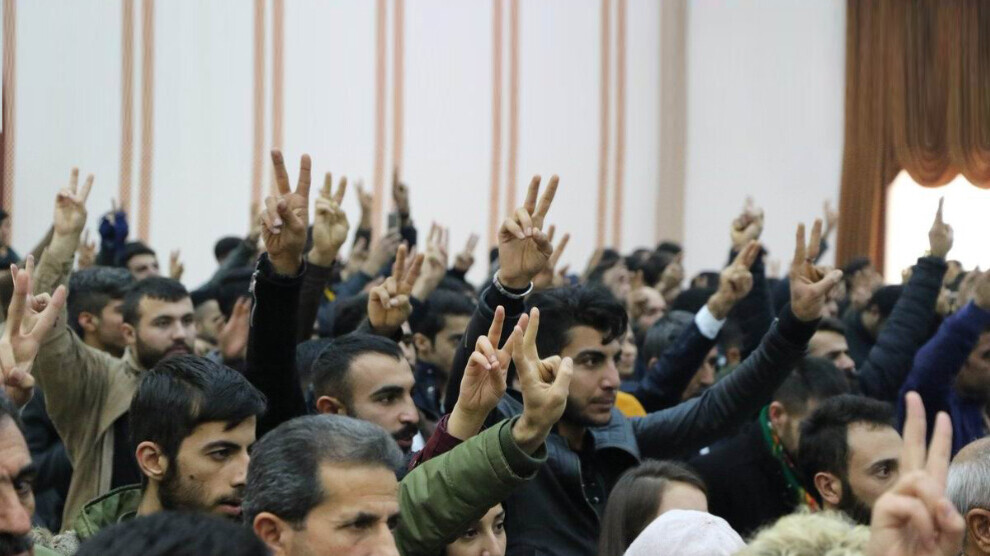Kurdish music as evidence of terror trial
In Mersin, charges have been brought against eleven HDP activists who are accused of PKK membership. Kurdish-language music, among other things, is used as evidence.
In Mersin, charges have been brought against eleven HDP activists who are accused of PKK membership. Kurdish-language music, among other things, is used as evidence.

The Mersin Public Prosecutor's Office has brought charges against almost a dozen HDP members. The indictment has already been formally accepted by one of the major criminal chambers in the southern Turkish province. However, the court plans to set a date for the start of the trial at a later date.
Eleven people are accused in the case. They are all people with a Kurdish background active in local politics. Seven of them have been in custody since last May on “strong suspicion of membership in a terrorist organization.” These are a former co-chair of the HDP district association in Yenişehir and six male activists from the party's youth council.
The alleged “terrorist organization” to which those affected are said to belong is the Kurdistan Workers’ Party (PKK). According to the public prosecutor's office, there are numerous pieces of evidence that support the defendant's alleged PKK connections. These included, among other things, invitations for a HDP youth conference shared on various social networks and statements made to the Kurdish press about the isolation of Abdullah Öcalan.
The defendant's participation in HDP cultural and political events, as well as in funerals of political prisoners, is also read by the public prosecutor's office as evidence of PKK membership. One of the youth activists is also accused of “demonstrating his ideological connection to the PKK” by listening to Kurdish-language music in his car.
Elsewhere in the indictment there more Kurdish songs are named as evidence against the activists. The songs have been listened to in homes and in public, such as cafes. Apparently the young activists were illegally wiretapped by the police for months. The public prosecutor's office accuses a severely disabled activist who relies on a wheelchair of putting "illegal lettering" on the facades of houses in 2016.